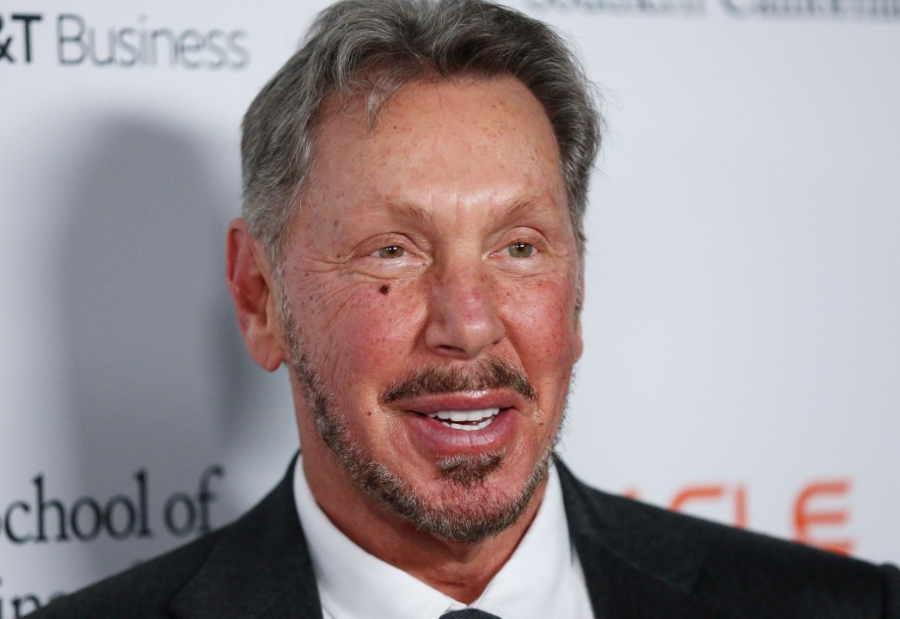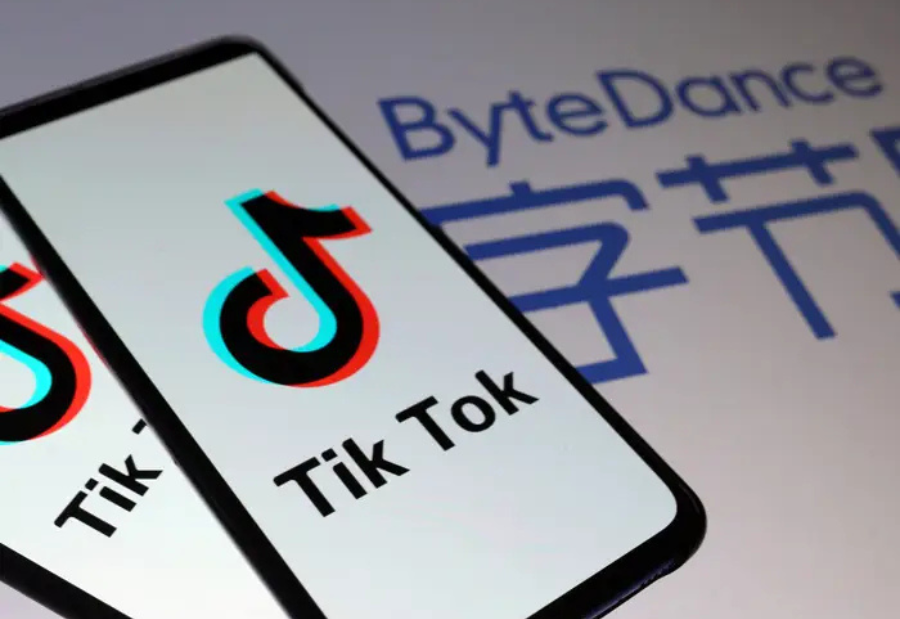The Digital Personal Data Protection (DPDP) Act needs a wider scope to meet the challenges of a data-driven economy and the rising influence of artificial intelligence, according to industry leaders and legal experts at a recent conclave.
Supreme Court advocate Pavan Duggal said that even eight years after the landmark Puttaswamy judgment which recognised privacy as a fundamental right, a full framework for data protection is still incomplete. He explained that under the DPDP Act, violations attract a minimum fine of ₹50 crore and a maximum of ₹250 crore. “When the adjudicating board declares a violation, the minimum fine is usually levied. The fine goes directly to the Consolidated Fund of India, and the government even has the right to sell assets to recover it,” he noted.
Duggal also pointed out that the Act does not cover the legal status of AI. “Should we work around a strong regulatory framework around AI? Other countries, like Japan and El Salvador, are already working on regulations,” he said.
The DPDP rules are expected by September 28, and are set to provide clarity on consent, data storage, and user rights, completing the operational framework of the law. Duggal warned that users often share personal data on platforms without realising the risks. “LLM models don’t ask for data to be shared with them, they say we are only using what is already there, what we have published online, but that’s how we are cutting our own hands,” he added.
Panelists highlighted the economic value of data. Rajneesh Garg, CIO and SVP at AllCargo ECU Worldwide, said data is today’s currency. “Earlier oil powered industries; today it’s data. The challenge is how to use it to generate value while ensuring privacy and trust,” he said.
Experts flagged risks from AI built on open data. Archie Jackson, VP-Global Head IT and CISO at Incedo, warned about bias and lack of mechanisms to revoke shared data. Rajiv Nandwani, Global Information Security Director at BCG, added “If everything is free, you are the product. Your data is being used in AI modelling.”
Anand Aggarwal, Group CTO of a leading media organisation, said initiatives like DigiYatra show data’s benefits but also demand citizen awareness. Arvind Gupta, Co-founder of the Digital India Foundation, pointed out that India’s policy delays are shaped by global dynamics. Srinath Chakravarthy, Senior VP at the National Institute for Smart Government, stressed the need for privacy by design and data minimalisation.
Experts agreed the DPDP Act is a strong starting point but called for stricter enforcement, clearer AI rules, and more awareness to build trust in the digital economy.
Also read: Viksit Workforce for a Viksit Bharat
Do Follow: The Mainstream formerly known as CIO News LinkedIn Account | The Mainstream formerly known as CIO News Facebook | The Mainstream formerly known as CIO News Youtube | The Mainstream formerly known as CIO News Twitter |The Mainstream formerly known as CIO News Whatsapp Channel | The Mainstream formerly known as CIO News Instagram
About us:
The Mainstream formerly known as CIO News is a premier platform dedicated to delivering latest news, updates, and insights from the tech industry. With its strong foundation of intellectual property and thought leadership, the platform is well-positioned to stay ahead of the curve and lead conversations about how technology shapes our world. From its early days as CIO News to its rebranding as The Mainstream on November 28, 2024, it has been expanding its global reach, targeting key markets in the Middle East & Africa, ASEAN, the USA, and the UK. The Mainstream is a vision to put technology at the center of every conversation, inspiring professionals and organizations to embrace the future of tech.




